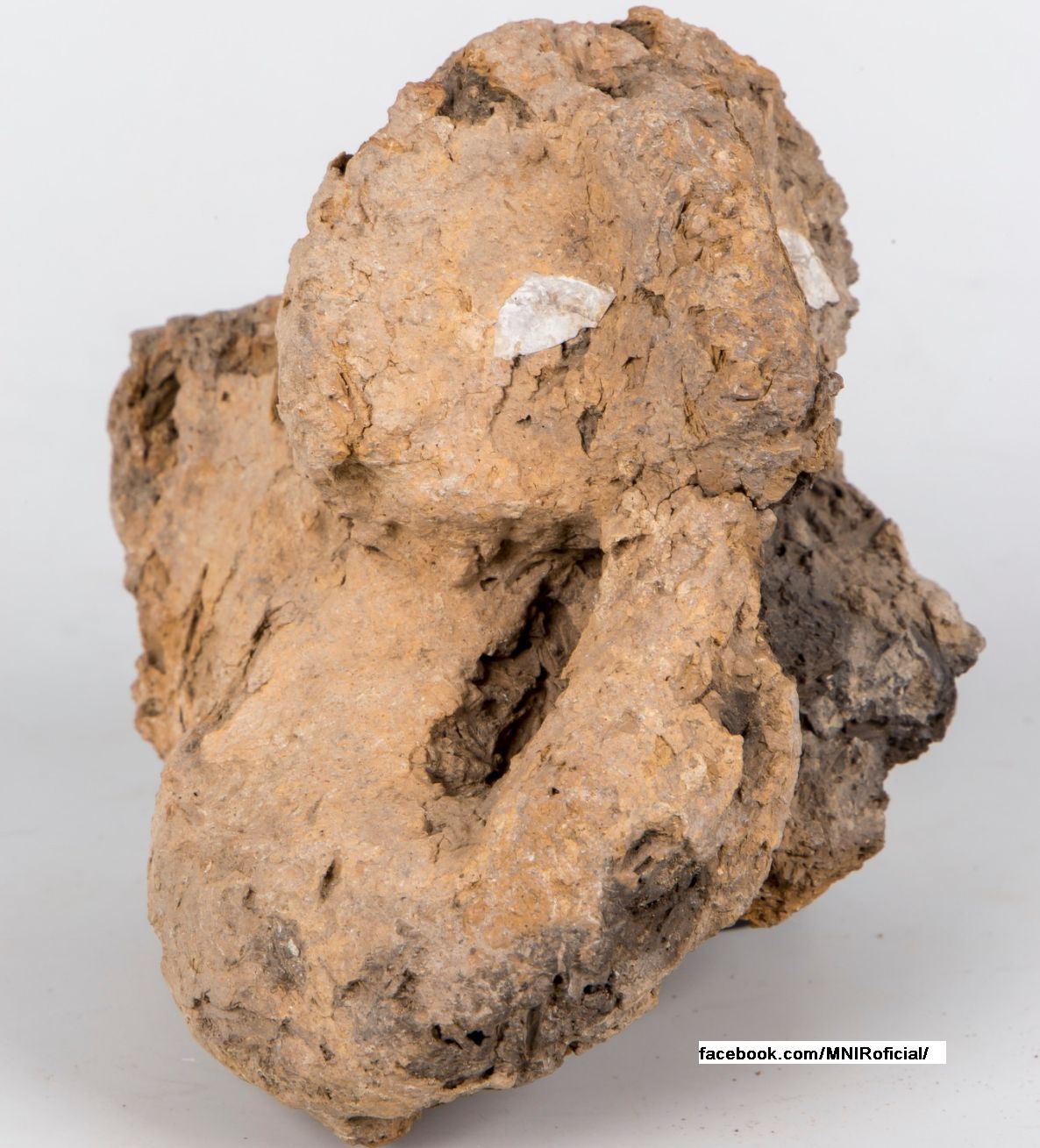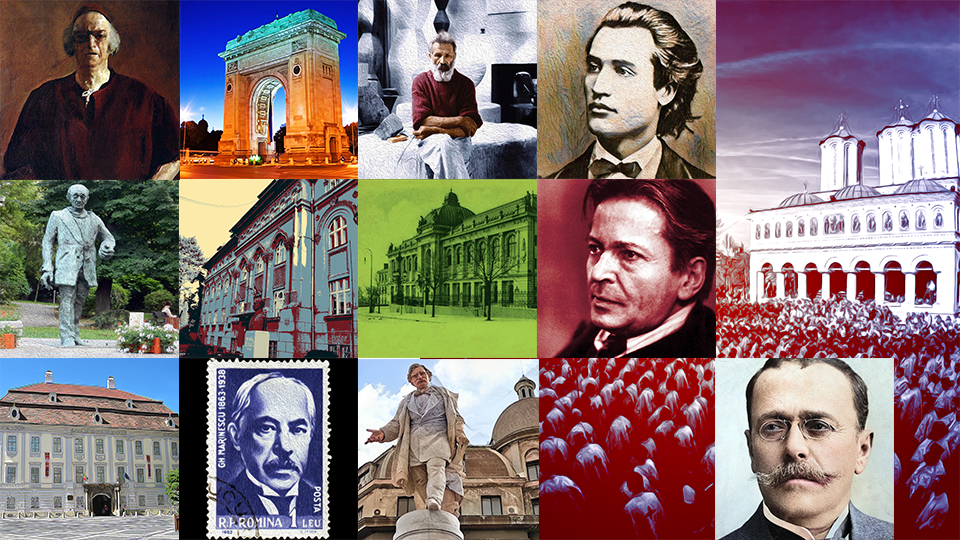Avram Iancu’s Will
Avram Iancu is an icon of the fight for freedom of the Romanians in Transylvania.

Christine Leșcu, 05.12.2015, 13:59
Avram Iancu is an icon of the fight for freedom of the Romanians in Transylvania. He was born in 1824 into a family of Romanian peasants in the Apuseni Mountains and died in 1872 in todays Hunedoara county. Avram Iancu was the leader of the 1848 revolution in Transylvania and fought so that Romanians may gain the fundamental socio-political rights they had been deprived of, at a time when Transylvania was part of the Hapsburg Empire.
Avram Iancu was not alone in his fight. Joining him were Romanian peasants, but also representatives of the Romanian church and intellectuals in the region. Among them was the Ratiu family, to whom Avram Iancu entrusted his will, recently donated to the “Lucian Blaga Central University library in Cluj Napoca. In recent years, the Romanians have got to know the Ratiu family, mainly because of Ion Ratiu, a Romanian-born British-resident businessman, who also ran for president in the first presidential election after the fall of communism in Romania. His name, as well as the name of his ancestors is, for the Romanians in Transylvania, at least as important as the name of Avram Iancu. Giving us details about how Avram Iancus will ended up with the Ratiu family, here is the director of the “Lucian Blaga Central University Library Doru Radosav.
Doru Radosav: The will got to the Ratiu family in the 19th century. Specifically, on December 20, 1850, when it was written by Avram Iancu, and signed ‘ lawyer and emeritus prefect, the document came into the possession of Basiliu Ratiu, one of the forefathers of todays Ratiu family, who was a priest of the Greek-catholic Bishopric in Blaj. Why did the will end up with Basiliu Ratiu? We must say Avram Iancu knew that family, and also knew Basiliu Ratiu, who was the founder of the Ratiu political dynasty. During the journey he made from Targu Mures to the Apuseni Mountains in the spring of 1848, and for the subsequent years, he called in at that family and was offered shelter in their house in Turda. We also need to say that Basiliu Ratiu chaired the assembly in Blaj, ahead of the day when the revolution broke out, and his political activity prevented him from becoming a Blaj bishop or a metropolitan bishop. He also got actively involved in the Great National Assembly in May 1848 and by and large, he was one of the fighters for the national ideal, through his thought and actions. From Basiliu Ratiu, the testament was placed in the hands of Ion Ratiu, the one who founded the Romanian National Party and who was a member of the memorandum movement that prepared the Union with Romania in 1918. From Ion Ratiu, it was passed on to Augustine Ratiu, Ion Ratius father, our contemporary. The will never left the country, it never reached London. It was kept like an almost sacred item by the members of the Ratius family who stayed in the country.
From the Ratiu family, through Indrei Ratiu, the son of politician Ion Ratiu, who died in 2000, the will ended up in the custody of the Central University Library in Cluj, together with 30 other documents providing information about the Avram Iancu family, about Avram Iancus financial situation and the last years of his life. Speaking about the content of the document, hand-written by Avram Iancu, here is Doru Radosav once again.
Doru Radosav: The text of the will is pretty well-known by those who focused their research on Avram Iancus life and activity. It begins with an impressive head sentence: ‘Theres one single strong wish that I have in my life, that of seeing my nation happy. Pathetic as it may sound, the formula captures a certain reality and speaks of the leadership qualities of the one who wrote it. In the last sentence of the will, he states he donates his entire fortune for the setting up of an Academy of Rights, a Law faculty, actually, where Romanians could learn to fight, law in hand, in order to get their proper rights. What does such a donation mean? Following the violent experience of the 1848 revolution as a military undertaking, at that stage in his life Avram Iancu reached the firm conclusion that the Romanians fight for political and national rights would have to be conducted within a democratic framework, with the weapon of the law in hand. He had given up on the fateful, warlike path of the years 1848 – 1849, in favor of a lawful, democratic militant action, in favor of the training of lawyers capable of placing themselves at the forefront of the fight for the ideals of freedom and justice and for the political representation of Romanians in Transylvania.
The “Academy of Rights Avram Iancu was dreaming of could not be founded, for obvious reasons. Romanians political and social status in Transylvania at that time did not allow that to happen. But something else happened, in a positive way. Thanks to the foundation set up by the Ratiu family, and whose activity was made possible also thanks to funds coming from Avram Iancus fortune, a great many Romanian youngsters could study law In Cluj, Vienna and Budapest. The “Lucian Blaga Central University library in Cluj Napoca is staging a exhibition having Avram Iancu s will as its central item. The document will also be available in digital format, so that it may be known by a larger audience.





























